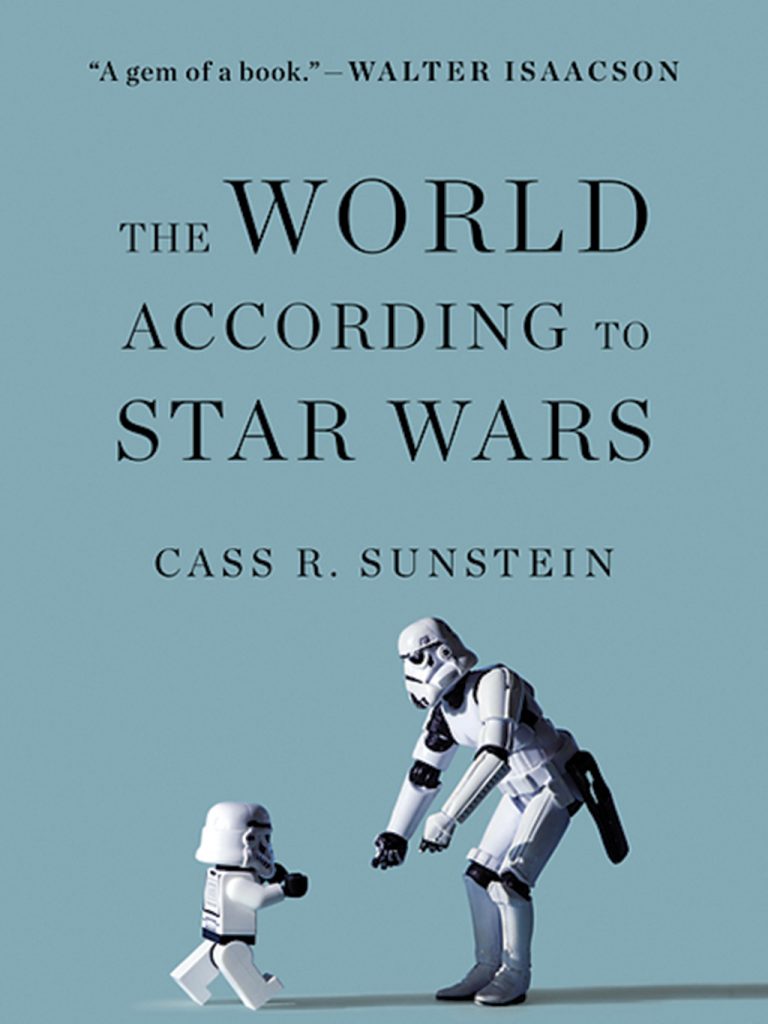A long time ago in a galaxy far, far away—a.k.a. Obama’s first term—Cass Sunstein was drafted out of Harvard to be the administration’s “regulatory czar.” Sunstein is known for public-policy books like Nudge (co-written with Richard H. Thaler), about technocratic incentives governments can offer to encourage smarter decision-making. But after leaving DC in 2012, Sunstein set to work on a book combining politics with another passion: The World According to Star Wars expounds on the ways George Lucas’s saga is reflected in life, from constitutional law to the power of small choices. Ahead of his talk tonight at Sixth & I ($15), Sunstein spoke to Michael J. Gaynor about his new book.

What surprised you while writing the book?
Sunstein: That the architecture of Star Wars movies was built up on the fly. Lucas had some fantastic ideas, but the arc of the plot had bursts of creativity that took it in various directions on the spot. Luke and Leia are siblings; Darth Vader’s the dad; Han Solo is the one who’s going to end up with Leia—all this happened without planning.
Your book Nudge says choices can be subtly influenced to affect behavior. Is there nudging in the Star Wars universe?
Sunstein: Definitely. Obi-Wan Kenobi is a great nudger. You see him in A New Hope respecting Luke’s freedom of choice—as nudgers always do—but also acting a bit like a GPS. The Emperor is a nudger. Mostly they’re playing on Anakin’s attachment to people he loves. The Jedi point to people’s aspirations of themselves, and the Sith nudge by playing on their fear of loss.
What can Washington learn from Star Wars?
Sunstein: One thing is whatever we see in our government can turn rapidly if something small happens. A kid can decide to join the rebellion, and that can make it succeed. A community organizer runs for Senate, having had an unpromising political career to that point, and that’s our President now. We often get narratives in Washington of inevitability, the stories we tell ourselves about how America was ready for this or that or the circumstances were inevitable. But basically, people have no idea.
What’s the best Star Wars film?
Sunstein: Oh, by far The Empire Strikes Back. That’s Shakespeare. The others are merely Milton and Keats.
This article appears in our June 2016 issue of Washingtonian.

















